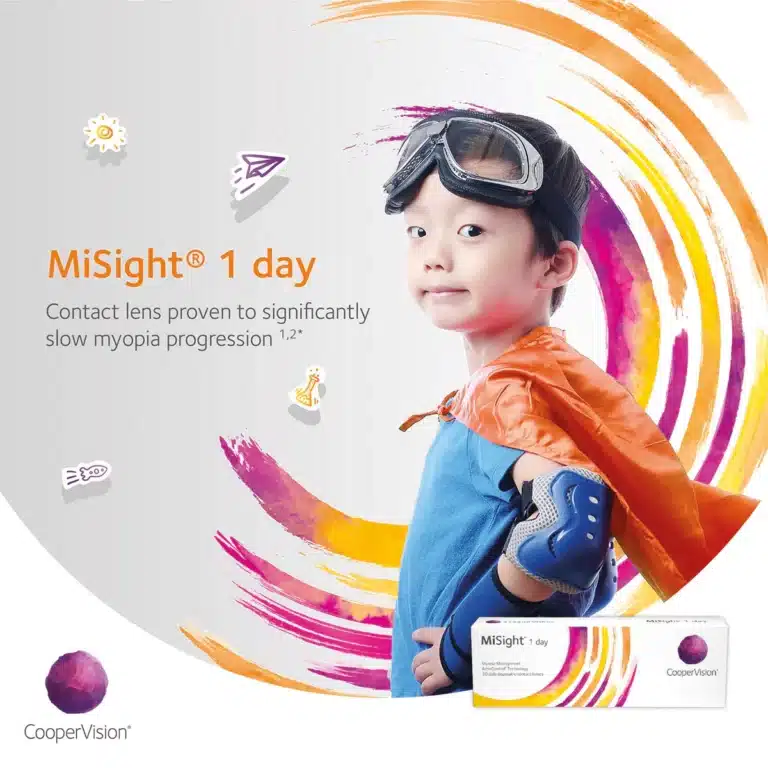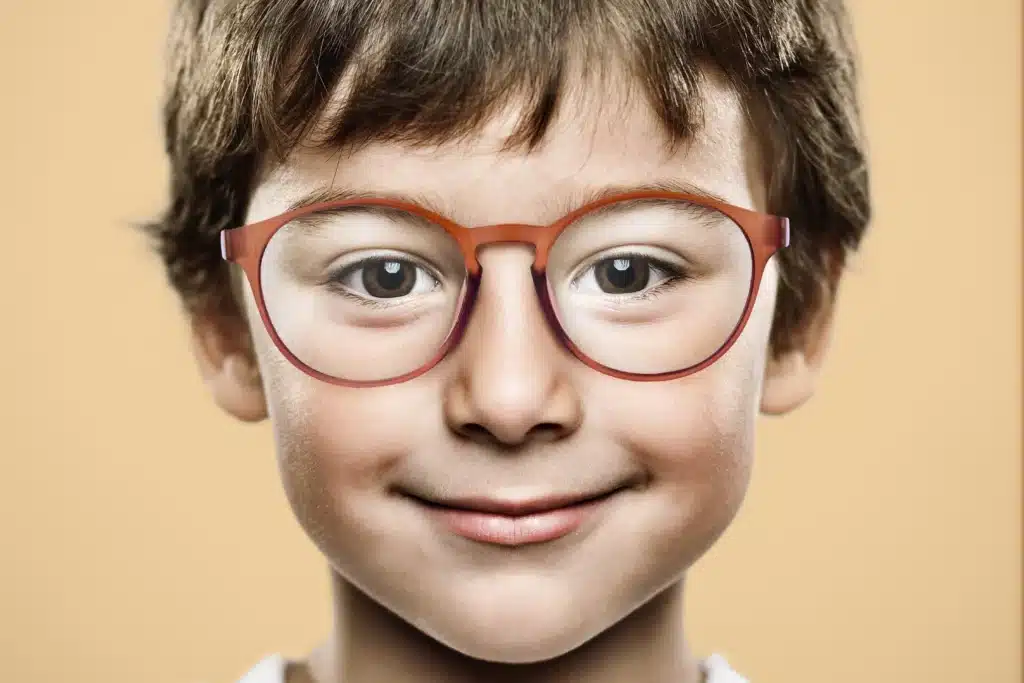Myopia Management
Empower Their Potential: Expert Myopia Care for Your Kids
Edmonton myopia management
What is Myopia
Myopia, or nearsightedness, is a common vision condition in which the eye’s shape or structure prevents light from focusing correctly on the retina. As a result, distant objects appear blurry, while close-up objects remain clear. The development of myopia is influenced by several factors, including genetics, age, and ethnicity. A family history of myopia increases the likelihood of a child developing the condition, and myopia typically starts in childhood, progressing throughout adolescence. Certain ethnic groups, such as individuals of East Asian descent, are at a higher risk of developing myopia.
Environmental factors and lifestyle choices also play a role in the development and progression of myopia. Spending more time indoors and engaging in prolonged near work, such as reading or using electronic devices, can contribute to its onset. Conversely, spending time outdoors and participating in activities that require focusing on distant objects may help reduce the risk. Prolonged eye strain from activities requiring intense focus at close range may further contribute to myopia development. Since the exact causes of myopia can vary from person to person and often involve a combination of genetic and environmental factors, regular eye examinations and early intervention are crucial in managing myopia and maintaining optimal eye health.
Edmonton myopia management
Working With Parents to Empower Their Potential
As a parent, you play a vital role in shaping your child’s future, and we’re here to help you on this journey. By providing advanced, personalized myopia care, we ensure your child can confidently explore the world with healthy vision.
Our specialized services include comprehensive eye exams and screening, personalized treatment plans, and cutting-edge therapies. Together, we’ll safeguard your child’s vision and help them reach their full potential.
FAQ
ASK US ANYTHING
Children should have their first eye exam at six months of age, another one at age three, and then regularly every two years or as recommended by an eye care professional. Children with myopia or other vision problems may need more frequent eye exams.
If you suspect that you or your child might have myopia, watch for the following signs and symptoms:
Blurry distance vision: The primary symptom of myopia is difficulty seeing distant objects clearly, while close-up objects appear sharp and well-defined. This can make it challenging to read signs, recognize faces from a distance, or see the board clearly in a classroom setting.
Squinting: Squinting helps to temporarily improve focus and clarity when viewing distant objects. If you or your child frequently squint to see things more clearly, it could be an indication of myopia.
Eye strain or discomfort: Struggling to see distant objects can cause eye strain, discomfort, or even headaches, especially after prolonged periods of attempting to focus on faraway objects.
Excessive blinking or rubbing of the eyes: These actions may be a response to eye strain or discomfort caused by uncorrected myopia.
Difficulty with nighttime vision: Myopia can make it harder to see clearly in low-light conditions, which may lead to challenges with nighttime driving or navigating in dimly lit environments.
Poor academic or athletic performance: In children, undiagnosed myopia can affect their performance in school or sports, as they may struggle to see the board, read books, or track a ball during games.
If you or your child exhibit any of these signs or symptoms, it is essential to schedule an eye examination with an eye care professional. Early diagnosis and appropriate intervention can help manage myopia progression and maintain optimal eye health.
Yes, myopia can progress throughout childhood and adolescence as the eye continues to grow. Regular eye exams and appropriate myopia management can help monitor and control its progression.
While there is no surefire way to prevent or cure myopia, early detection and management can help slow its progression and minimize the risk of related vision complications. Encouraging children to spend more time outdoors and engaging in activities that require focusing on distant objects may also help reduce the risk of developing myopia.
Cooper Vision
MiSight Contact Lenses
Discover the innovative MiSight contact lenses, daily disposable soft lenses designed to slow myopia progression in children.
The unique MiSight lens design offers a dual-action approach. The central part of the lens corrects refractive error like traditional corrective lenses, while the peripheral part features specially designed concentric rings that direct light to focus on the retina. This significantly reduces the stimuli that cause the eye to grow longer.
Combining this innovative design with early intervention and consistent usage (at least 6 days per week and 10 hours per day), MiSight lenses can provide a remarkable 59% reduction in myopia progression over 3 years. Parents and children alike appreciate the comfortable fit and seamless adaptation to full-time wear.


HOYA
MIYOSMART LENS
Discover the groundbreaking MiYOSMART lens, designed by Hoya specifically for myopia management. Backed by a 2-year clinical trial, children wearing MiYOSMART lenses experienced a stunning 60% reduction in myopia progression compared to those wearing single vision lenses.
Featuring innovative DIMS technology, MiYOSMART lenses are crafted with hundreds of small segments that create myopic defocus. This unique structure ensures clear vision while simultaneously retarding eyeball growth. For optimal results, the lenses must be worn consistently.
Visually, MiYOSMART lenses appear no different than standard single vision lenses. Constructed from durable, impact-resistant polycarbonate 1.59 material, they are built to withstand the active lifestyle of children. The low-maintenance, multi-layer coating is easy to clean, making these lenses the perfect choice for busy moms and their kids.
Choose MiYOSMART lenses for your child’s myopia management and invest in their long-term eye health. Give them the gift of clear vision and a brighter future.
Myopia Prevention for Kids
Parental Tips
Get Outdoors
Encourage outdoor time for the whole family: Spending time outdoors can help reduce the risk of myopia in children. Encourage your family to engage in outdoor activities, such as playing sports or going for walks, and make it a fun family activity.
Lead By Example
Excessive screen time can contribute to the development and progression of myopia in children. Set limits on your child's screen time and encourage them to take breaks from screens to rest their eyes.
Proper Lighting
Poor lighting can strain the eyes and contribute to the development of myopia. Make sure your child's study area is well-lit with natural or artificial light, and encourage them to take frequent breaks to rest their eyes.
Regular Eye Exams
Regular eye exams can help detect myopia early and allow for early intervention to prevent its progression. Schedule annual eye exams for your child with an optometrist or ophthalmologist.



